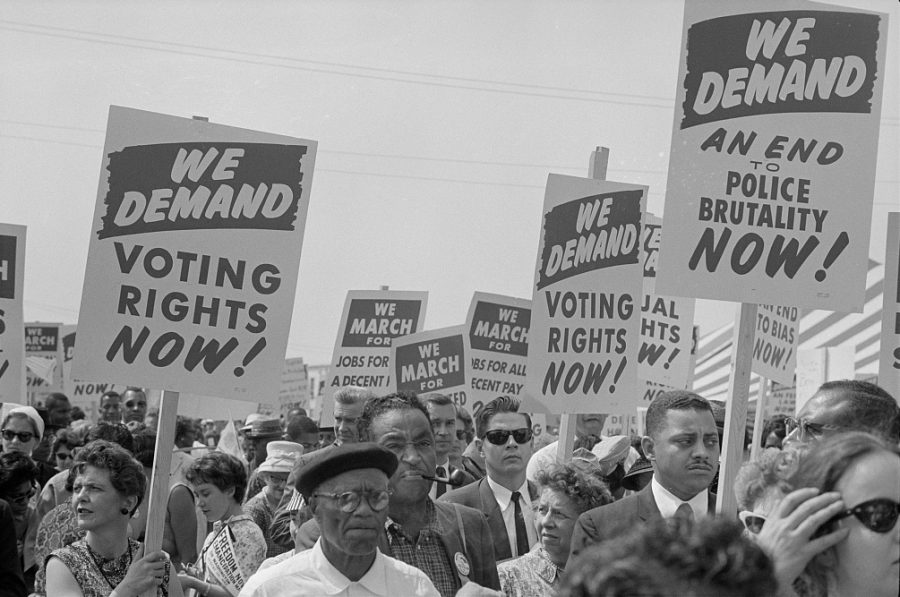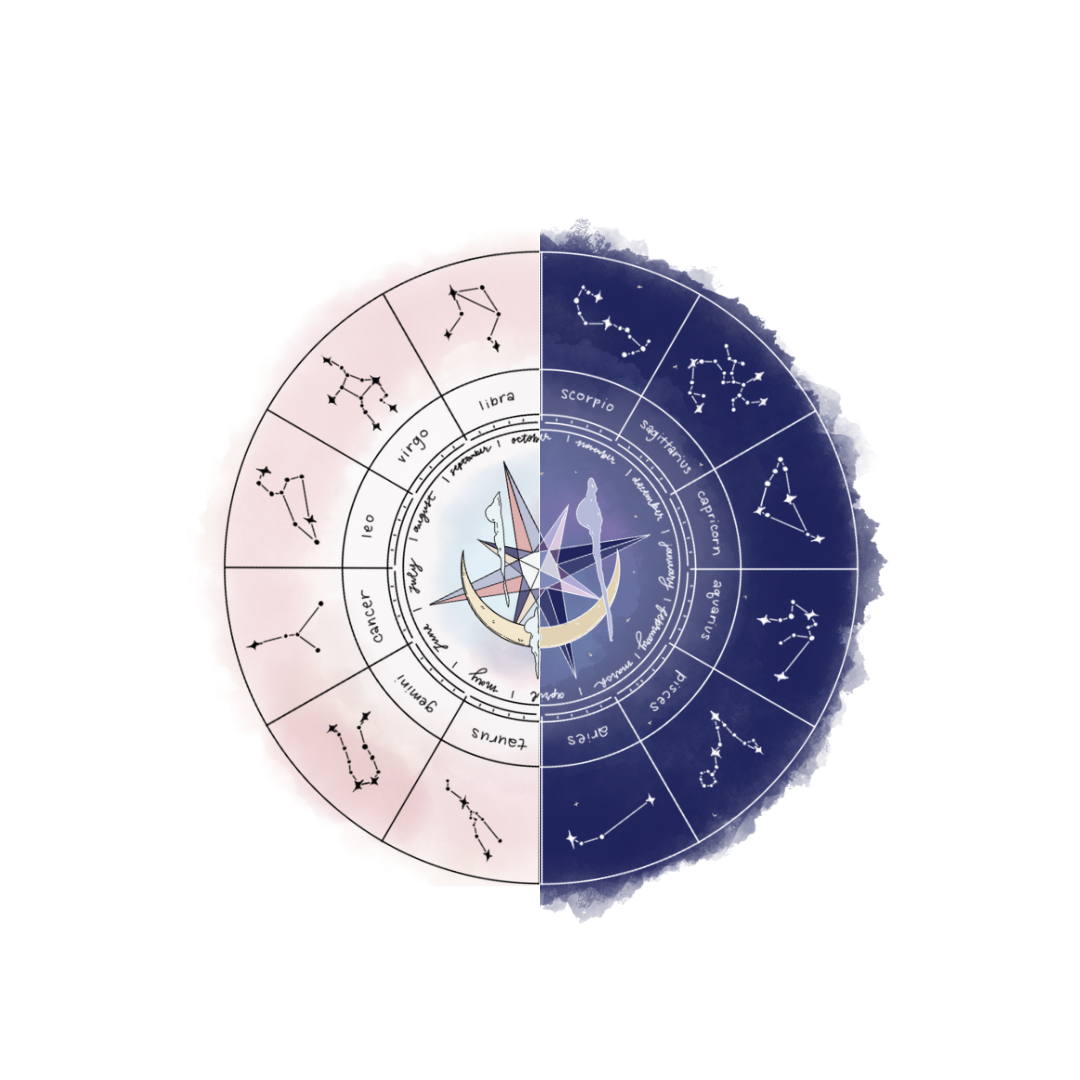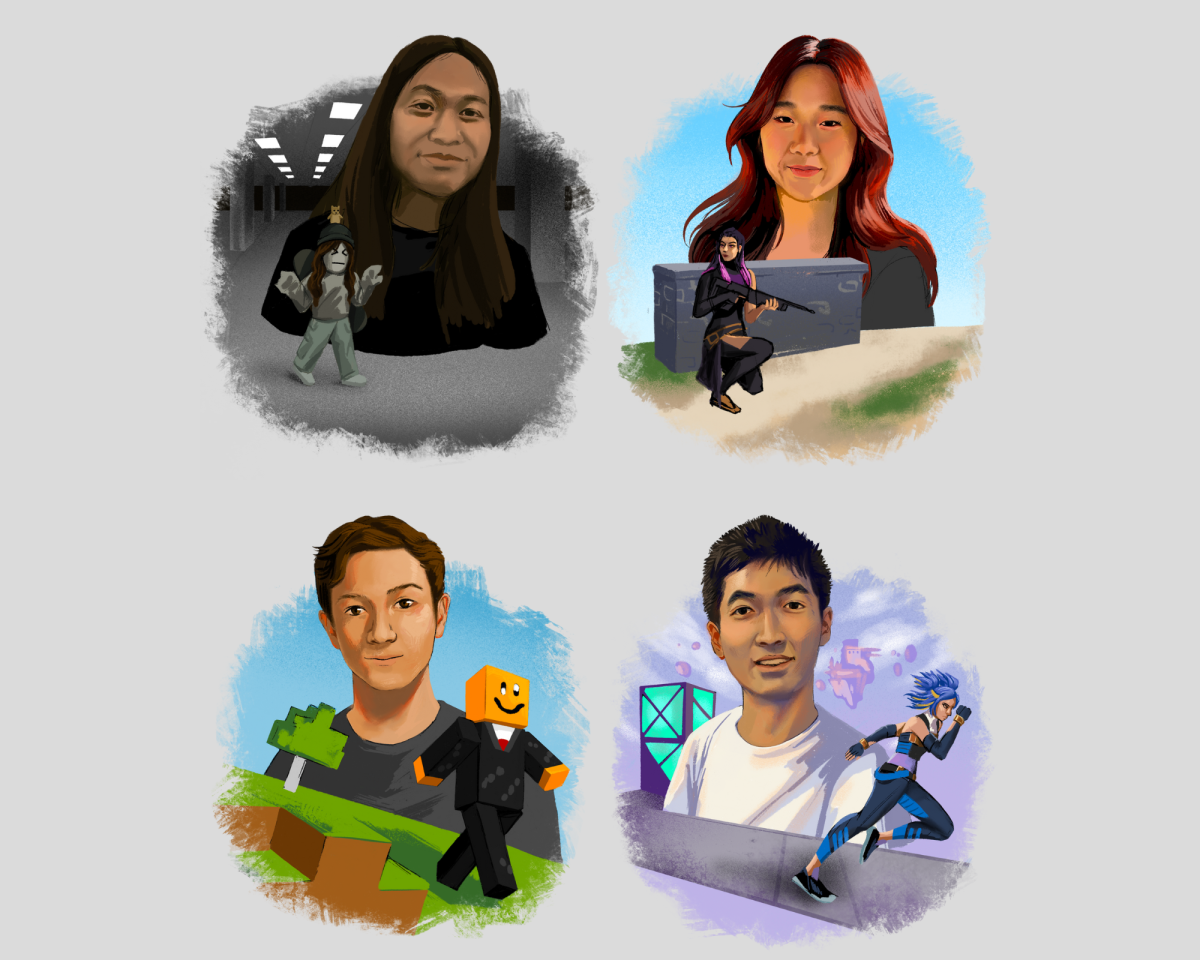Written by Chelsie Park and Janet Wang
All eyes were fixed on senior Ebbie Banks as he captivated the audience during the annual Martin Luther King Jr. Day assembly last Friday, revealing his experience with his ancestry, prejudice and self-confidence through a spoken-word poem titled, “My Skin.” In the poem, Banks emphasized how his ancestry and encounters with racism and discrimination impact him today. Through this assembly and featured speakers, Gunn commenced the recognition of Black History Month in February on campus.
According to junior Cleo Goodwin, Black History Month is extremely important for African-Americans to celebrate black culture and embrace their history. “Being a minority, there comes a lot of challenges, and I feel that Black History Month is the only time that America allows black people to try and embrace who they are without being called out for it,” she said.
Similarly, junior Hudson Alexander believes that Black History Month is a time to remember the past and to celebrate the progress of African-Americans. “I think it’s an important celebration of all the unsung heroes and really just a time to self-praise and feel good about yourself,” he said.
Senior Victoria Crayton believes that historical figures should not just be acknowledged during a specific month, but they should be celebrated all year round. “There shouldn’t be a certain month for Martin Luther King Jr., Fredrick Douglas or Malcolm X, but they should be recognized and appreciated everyday,” she said.
According to senior Ruby Robinson, African-American prejudice still exists in the local community. A few months ago at a country concert at Shoreline Amphitheater, Robinson was shocked when a white teenager directed the question, “what’s a n- doing here?” at her. “I just turned around in shock because I’ve had little things happen here and there, but it had never been so blatantly shoved in my face,” she said. “You would expect racism and prejudice to die with the generations that had slavery.”
Because of incidents like these, the Black Student Union (BSU) club was created to help all students and a safe place to become educated about current events or just express their feelings, according to BSU co-president senior Tiazha Jackson. “It’s not just about race,” she said. “We make sure it’s a welcoming atmosphere where we are still learning and having fun—it’s a safe haven for everyone.”
The BSU was prominent on campus in the 1960s and 1970s, but disappeared in the following years. Five years ago, the club was restarted, according to advisor Jessica Hexsel. To celebrate the month, the BSU is planning to distribute awareness ribbons throughout campus or organize a block party in collaboration with Stanford’s BSU.
Hexsel says that even though prejudice and division are still prevalent issues, it is important to be aware of the diversity among those who contribute to society and history. “We [need to] remember the history and where our nation has come from and that we are growing, even if it is slowly,” she said.












